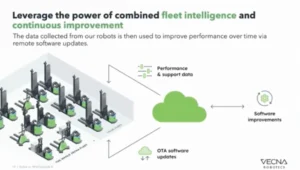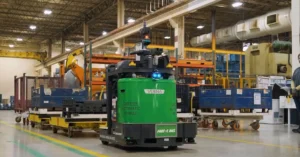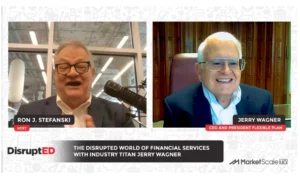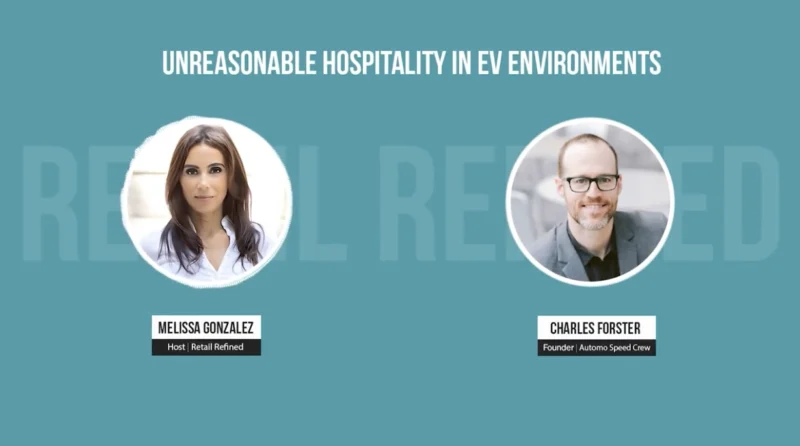How a Video Game Revolutionized the Way Retailers Think of Brick and Mortar Strategy
Two patents filed by Walmart back in January have just been published that depict a virtual reality experience for customers, enabling them to never have to leave their home.[1] Though the retail giant is not leading the pack in terms of innovation, Walmart’s move signals that augmented and virtual reality technology may have a home in big box retailers soon.
Walmart’s vision includes customers exploring a virtual store space from their living rooms in goggles and sensory gloves. Logistical challenges aside, the company may be looking toward other brands that have waded into this field for models.
VR and augmented reality (AR) in retail play into a larger shift away from transactional retail to experiential retail, which focuses on turning the retail experience into a form of entertainment.[2] A prime example was 2016’s viral craze “Pokemon GO,” which sent users to capture digital monsters in an AR environment. The game inadvertently increased foot traffic at game-related hubs like Starbucks and Sprint locations. GameStop alone saw its sales double following the app’s launch.[3] In fact, industry observers predict that as brick and mortar sales become less profitable for retailers, an additional source of income might be in physical advertising at their retail locations.[4] Sales may have suffered but foot traffic has not, and a new wave of tech marvels could work to boost it further.
As a third-party app, Pokemon GO was less predictable for retailers and therefore riskier. Fashion leader Rebecca Minkoff partnered with startup app Zeekit to bring a new layer of reality to her fashion week preview. With drone and VR-based engagement already under its belt, the company confidently encouraged select customers to try on new pieces with an AR-enhanced smart mirror. The mirror displays the fits of differing sizes as well as recommends similar outfits. Minkoff reported that customers who used the mirror walked out with three times the clothing standard customers did.
In the past, AR and VR engagement was based around brands. Pepsi has dazzled with AR-enhanced bus stops while shoe brand Airwalk gathered crowds with an entirely digital, geo-based pop-up store.[5] Now it’s retailers themselves who are jumping into the game. While Walmart’s vision of an entirely home-based VR shopping experience may be a ways off, big box retailers know that technology is the key to morphing traditional brick and mortar shopping from a chore to a real pleasure.
[1] https://www.forbes.com/sites/billhardekopf/2018/08/21/walmart-files-patents-for-at-home-virtual-reality-shopping/#9c69e1626851
[2] https://www.forbes.com/sites/forbescommunicationscouncil/2018/04/16/retail-as-entertainment-how-leading-brands-are-captivating-audiences/#7057189f6867
[3] https://www.dallasnews.com/business/business/2016/07/18/gamestop-sales-double-462-stores-thanks-pokemon-go
[4] https://www.marketplace.org/2017/11/21/tech/new-technology-retail
[5] https://www.shopify.com/retail/how-retailers-are-using-ar-technology-to-build-buzz-and-brand-awareness








